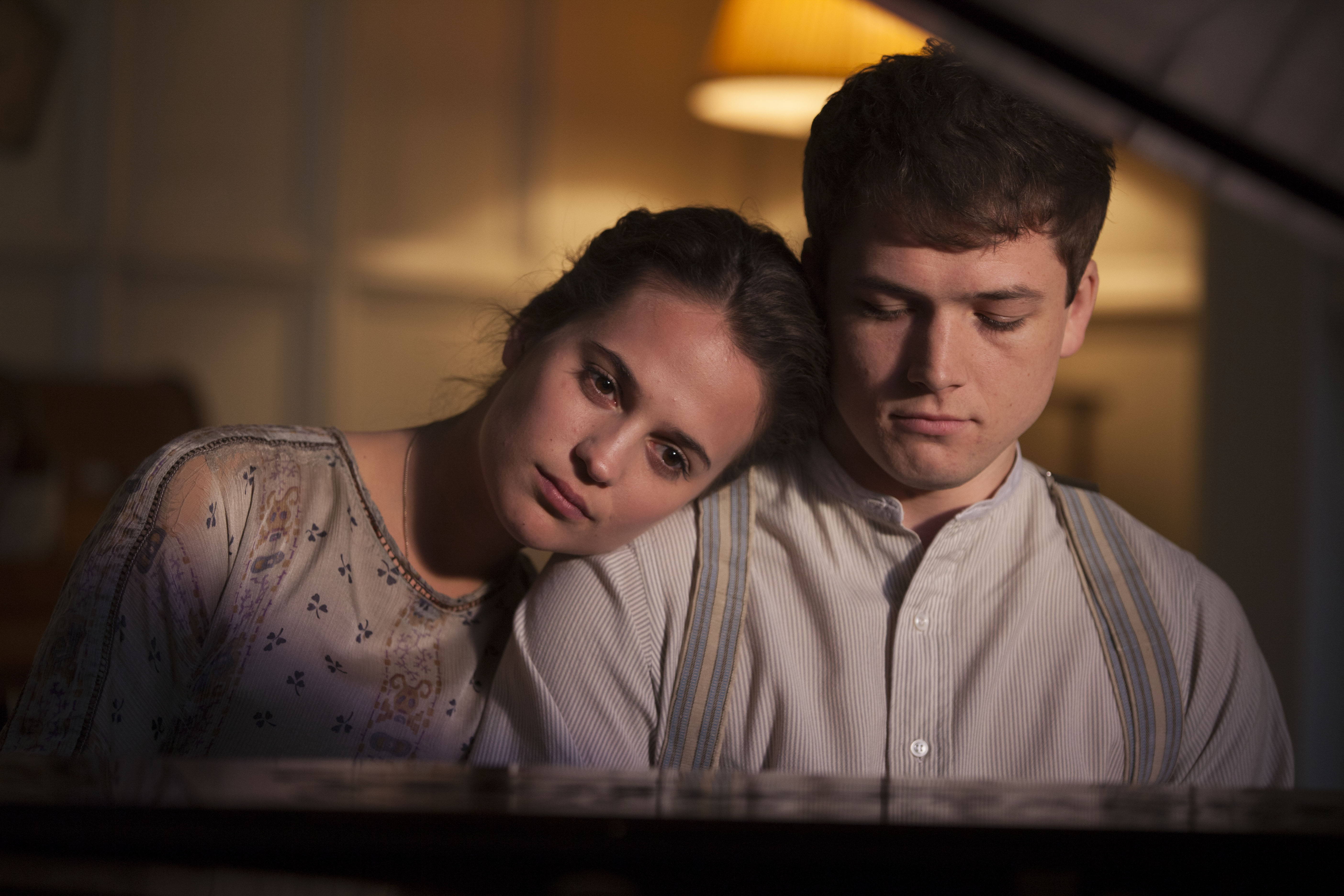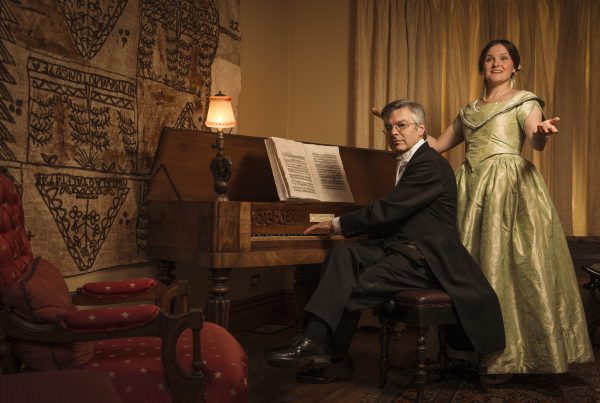
Although Brittain’s book unfolds through her own shocking experiences, she gives voice to wider suffering, evokes the aspirations and potential of a generation of young people, and bears witness to their treatment, at the hands of their elders, as disposable.
In the Juliette Towhidi-scripted film Testament of Youth, director James Kent turns the first-person narrative into a drama with Vera as its subject. It’s a significant difference in focus. The camera can’t tear itself away from the exquisite Alicia Vikander, who plays Vera. The memoir, a generational cri de coeur filtered through personal experience, becomes the story of one woman. Her story is still extraordinarily dramatic, but the testament is thinner as a result.
The blue-chip cast includes Dominic West, Miranda Richardson, Emily Watson and Game of Thrones’ Kit Harington, who looks as though he’d be more comfortable in a shaggy black Night’s Watch cloak than a waistcoat and white linen shirt. Pre-war life is given the full Merchant Ivory treatment, coloured with a dreamy palette and quivering with sexual tension, bluebell woods and a swooning score.
Fittingly, in Vera’s universe the imminent arrival of war is less urgent than her drive to apply to Oxford, despite her father’s resistance. Her romantic dilemmas threaten her studies too, until her boyfriend, close male friend and brother are all in quick succession donning khaki and heading off to France.
The Romantics suddenly seem far less important than the duty to contribute, and Vera steps down from university to become a nurse. We see only a little of what must have been the full, bleak horror of those conditions: waves of injured, lack of supplies, patching men up to return them to the Front and so on. Drawn towards greater risk and suffering as the war progresses, Vera transfers to France, where she is put to nursing German soldiers. This experience gives rise to one of Vera’s most important discoveries and the film’s ending, but is oddly muted here.
There are some lovely cinematic moments, for instance where we see the vulnerable beauty of a young male body in the time before the war, and occasionally, as in Vera’s return home, you feel the direction trying to evoke mood in fresher ways. But the film doesn’t seem to trust image-making to convey the story, or its audience to connect with the themes or emotions without everything being spelt out.
Personal relationships drive the narrative, but while the outcome is Vera’s politicisation and brutal coming of age, this progression is not really charted. An adaptation that captured Brittain’s tone and intelligence, with space made for the social and political, might have been more powerful than this portrait of an individual’s losses. When Vera speaks out against the senselessness of war, you wish contemporary politicians were listening. This is certainly an anti-war movie, but in cleaving to unchallenging, picturesque aesthetics, it pulls its punches.



